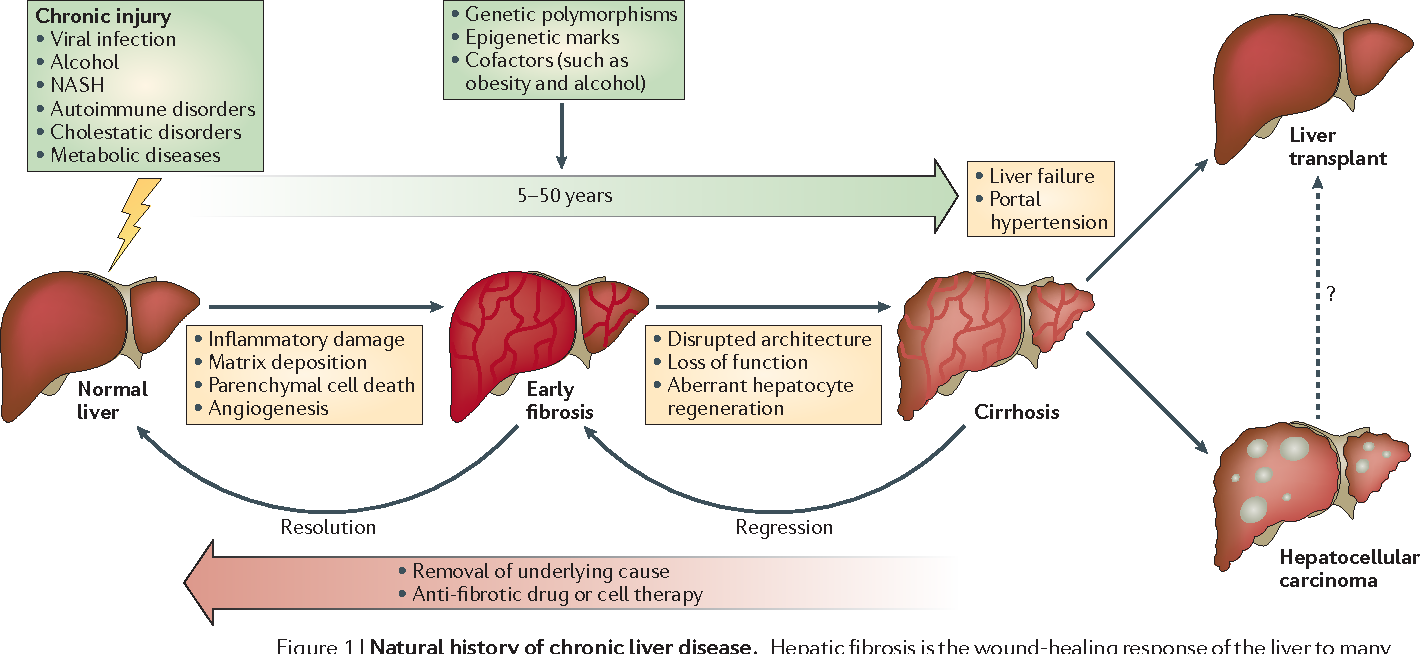19 Dec 2025
Age Specific Related to Psoriasis in Amritsar


Dr. (Prof) Arunanshu Behera
22 May 2025
Call +91 80788 80788 to request an appointment.
Liver cirrhosis is a chronic and progressive liver disease characterized by the replacement of healthy liver tissue with scar tissue, which prevents the liver from functioning properly. This condition is often the result of long-term liver damage due to various causes, including chronic viral hepatitis, alcohol abuse, and non-alcoholic fatty liver disease. The prevalence of liver cirrhosis has been rising globally, with approximately 1% to 5% of the population in regions like Punjab affected by this serious condition.
Recognizing the symptoms of liver cirrhosis is crucial for early intervention. Common symptoms include fatigue, jaundice, itching, and abdominal swelling. As the disease progresses, complications arise, making early diagnosis and management vital.
Various factors contribute to the development of liver cirrhosis. These factors can be broadly categorized into two types: primary and secondary causes.
Symptoms of liver cirrhosis can vary, and often patients can be asymptomatic in the early stages. When symptoms begin to appear, they might include:
Diagnosis typically involves a combination of medical history assessment, physical examination, blood tests to check liver function, and imaging studies like ultrasound or CT scans. In some cases, a liver biopsy may be performed to gauge the extent of liver damage.
Liver cirrhosis can lead to several complications that can potentially be life-threatening. Some of the most severe complications include:
The importance of early detection and management of these complications cannot be overstated, as they can significantly impact morbidity and mortality in patients with liver cirrhosis.
Proper management of liver cirrhosis complications is crucial in improving the quality of life and survival rates of affected individuals. Treatment options may vary based on the specific complications, severity, and overall health of the patient. Strategies include:
The prevention of liver cirrhosis complications can significantly improve outcomes for individuals at risk. Key strategies include:
Liver cirrhosis is a complex condition with numerous potential complications that can significantly impact a person's health and quality of life. Early detection, thorough monitoring, and effective management strategies are vital for patients affected by this chronic disease. At Livasa Hospitals, we specialize in providing comprehensive gastroenterology care, focusing on liver disease management in Punjab.
Understanding the complexities of liver cirrhosis enables patients and their families to make informed decisions regarding treatment options and lifestyle changes. By taking proactive steps in managing liver health, individuals can improve their prognosis and lead healthier lives.
Early detection saves lives. Book an appointment for liver disease management at Livasa Hospitals today or talk to our specialists about prevention strategies and care options.
+91 80788 80788
Livasa Healthcare Group Corporate Office,Phase-8, Industrial Area, Sector 73, Sahibzada Ajit Singh Nagar, Punjab 160071
livasacare@livasahospitals.in
| Mohali | +91-99888 23456 |
| Amritsar | +91-99887 49494 |
| Hoshiarpur | +91-99883 35353 |
| Nawanshahr | +91-75081 82337 |
| Khanna | +91-98888 05394 |